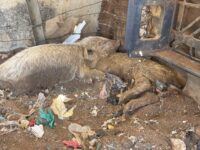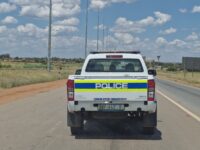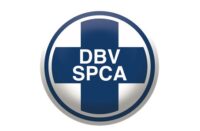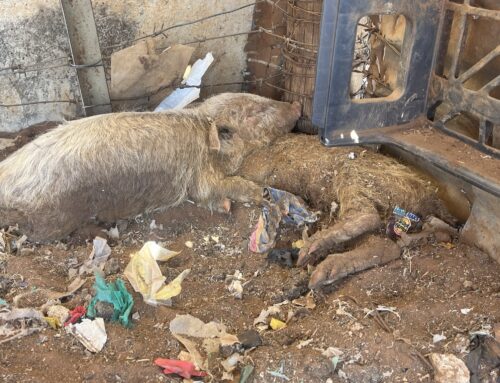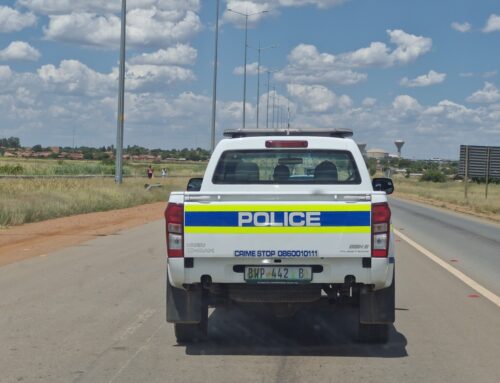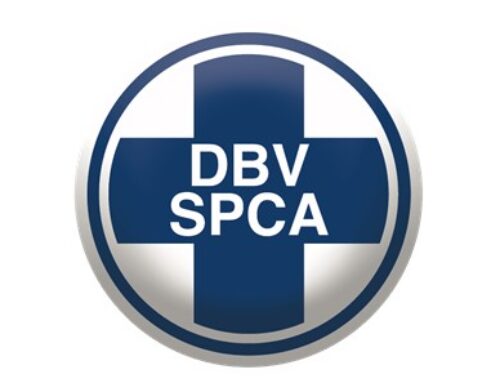With their gentle demeanour, unassuming nature, and steadfast ability to work, donkeys are often dismissed as ‘beasts of labour’. As a working animal, the donkey is seen as an essential commodity, especially in rural areas, where they are required to pull carts loaded with anything from people, firewood, building supplies, and water.
Unfortunately, in many instances, their welfare can be disregarded. In an ideal world, donkeys would roam freely and spend their days grazing peacefully. In reality, many donkeys are abused, beaten, overworked, and exploited.
Senior Inspector Semenya actively works to dispel the pervasive myth that donkeys are simply agents of labour. In June 2024, he spent some time with residents of Matoks, a village on the outskirts of Polokwane. Semenya conducted a workshop with donkey owners, empowering them with the skills to make their own fitted harnessing for their animals. The NSPCA provided owners with brightly-coloured, good-quality webbing, correctly sized bits, needles, and thread. More than twenty lucky donkeys received new harnesses on the day. Owners were taught that effective harnessing doesn’t need to be expensive, as long as they are made from good quality materials. Donkeys were also treated for external and internal parasites, and owners were educated on donkey welfare and correct handling techniques. Semenya will continue with regular inspections to ensure the sustained welfare of the donkeys of Matoks. Because of the brightly-coloured harnesses, he will be able to identify those donkeys and their owners that attended the workshop.
Semenya also spent some time in the Northern Cape in June 2024, working in an area spanning Olifantshoek to Kuruman. Originally, he responded to a complaint from Olifantshoek that donkeys were being mistreated by their owners. Semenya spent time with cart owners and their donkeys, checking that the animals were healthy, that the carts were safe and not causing unnecessary discomfort and strain on the donkeys, and that the harnessing didn’t cause any abrasive injuries. As with the donkeys in Matoks, Semenya provided owners with new bridles and harnessing, and helped owners to make their own well-fitting harnesses. Donkeys were also treated for external parasites and hooves were trimmed, if necessary. In total, Semenya assisted 38 donkeys.
It is because of people like you that we can continue to assist people and their donkeys in communities like Matoks, Kuruman, and Olifantshoek.
If you are as passionate about animals and their well-being as we are, consider supporting our causes by donating.
Latest News Posts
Will You Be the One Who Takes Action?
Most people will scroll past this. But will you be the one who stands up for animals?
Animal welfare isn’t always in the spotlight, but it changes lives – for every neglected, abused, or suffering animal we help. Our teams work tirelessly, often behind the scenes, ensuring animals across South Africa are protected.
This work is relentless. The challenges are immense. But with more hands, hearts, and resources, we can do even more.
The equation is simple: the more supporters we have, the greater our reach, the stronger our impact.
Be part of the change. Become an NSPCA Project Partner today. From just R50 per month, you can help ensure that no animal suffers in silence.

